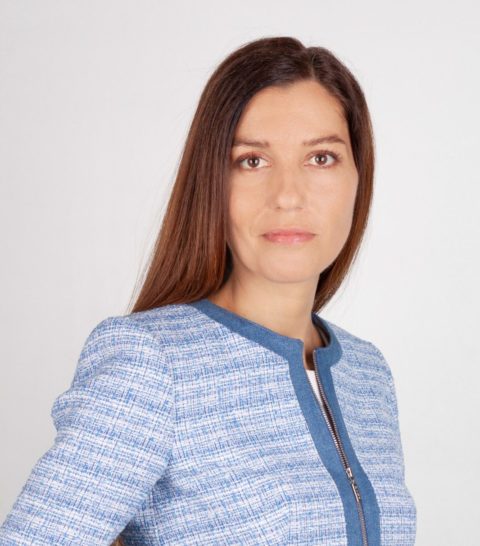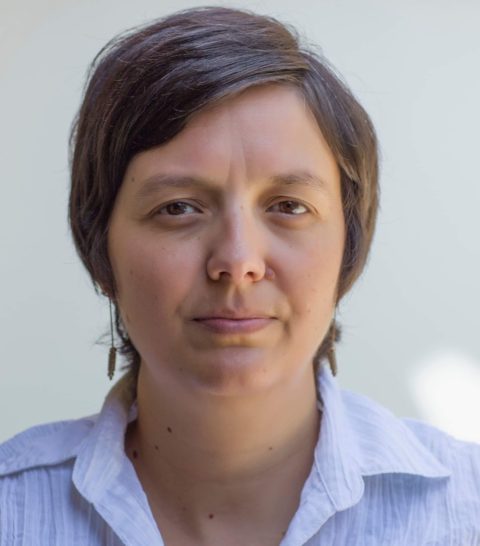Bulgaria’s inadequate Hague Convention compliance – returns of internationally abducted children – case before the European Court of Human Rights
23 August 2023Private Clients, Family and Children
In a case in which NBLO acted for the applicant and against the Bulgarian Government, the European Court of Human Rights (ECtHR) recently handed down its judgement concerning a refusal to return an internationally abducted child.
The applicant, whose child was abducted by the child’s mother, had duly applied to the Bulgarian courts pursuant to the Hague Convention on the Civil Aspects of International Child Abduction (the Hague Convention) for the return of the child to the country of the child’s habitual residence.
The applicant’s position in the ECtHR complaint was that his rights to a fair trial and to respect for his private and family life were breached.
Bulgaria has what is commonly perceived as a poor record in returning children under the Hague Convention with approximately between a third and a half of the proportion of returns other signatories manage. The ECHR is therefore often a recourse for the left-behind parents, looking for redress.
The child abduction case
The applicant parent was a western European EU citizen married to a Bulgarian national. The child was born outside Bulgaria and lived in a different European country with a very high standard of living until 2019.
Travelling with the child to Bulgaria on what had been announced as a holiday, the mother informed the applicant parent that neither she, nor the child, would return to their habitual residence.
Following the breakdown of informal attempts to persuade the mother to return the child, the applicant sought return under the Hague Convention, which involves a presumption in favour of return.
The proceedings before the Sofia City Court (SCC) took just over a year, and the SCC ordered the return of the child to the child’s country of habitual residence.
On appeal by the mother, and nine months later, the Sofia Court of Appeal (SCA) overturned the SCC’s judgement and revoked the return.
In the applicant parent’s view, the SCA disregarded evidence given by the applicant and expert witnesses, and discriminated in favour of the Bulgarian parent. One part of the reasoning given by the SCA was that the time spent by the child in Bulgaria since its abduction matters and is a reason not to return it – as it had by then adjusted to Bulgarian society and its return to the other, highly-developed European country, could pose a (hypothetical) risk for its emotional wellbeing.
While both the SCC and SCA had been delayed through no fault of the left-behind parent or the child, this was used to boost this argument. The proceedings had lasted 17 months, compared to the recommended six weeks.
In the complaint before the ECtHR, NBLO highlighted that the applicant’s rights to a fair trial and respect of private and family life were violated by the SCA due to the delay and the poor and inadequate reasoning.
The deficiencies in the SCA’s child abduction judgement
It is settled ECtHR case-law that where interests (such as children’s) are concerned, the national court must consider different points of view in order to reach a judgement that will best fit the interests of the parties. The ECtHR agreed that the SCA had instead predominantly prioritised the mother’s lifestyle and the child’s development during the time spent in Bulgaria.
The ECtHR further found that the SCA had omitted to take into account the report of a psychologist according to which the separation from either parent would traumatise the child.
Further, the SCA had not examined if it had been possible for the mother to return to the country of residence with the child. The ECtHR found that it had been.
The SCA had not duly considered the relationship between the left-behind parent and his child.
Fifthly, the SCA had not taken into account that return of the child would not prevent contact with his abducting parent.
Sixthly, the excessive length of the Hague Convention proceedings in Bulgaria was a serious breach of the European Convention on Human Rights: justice delayed is justice denied.
The ECtHR upheld the applicant’s complaint based on the above arguments, awarded him costs and expenses and a compensation of EUR 15,000 for non-pecuniary loss suffered, which the Bulgarian Government will settle.
Conclusion
This case shows that deficits in the often cumbersome and in some respects biassed Bulgarian judicial system can be overcome. Recourse for claims before international institutions such as the ECtHR are vital to protecting a variety of rights – with a highly-diverse subject-matter – from child abduction to interference with property rights of businesses.
At NBLO, we regularly advise on cross-border and human rights related matters and have assisted in the recognition and enforcement of foreign judgments, and those of the ECtHR in Bulgaria, and vice versa. We pride ourselves on our high standards, innovative and committed approach.
If you want to find out more about the Hague Convention on the Civil Aspects of International Child Abduction and how it is applied in Bulgaria, you may also visit our article Child Abduction Proceedings in Bulgaria under the Hague Convention.












